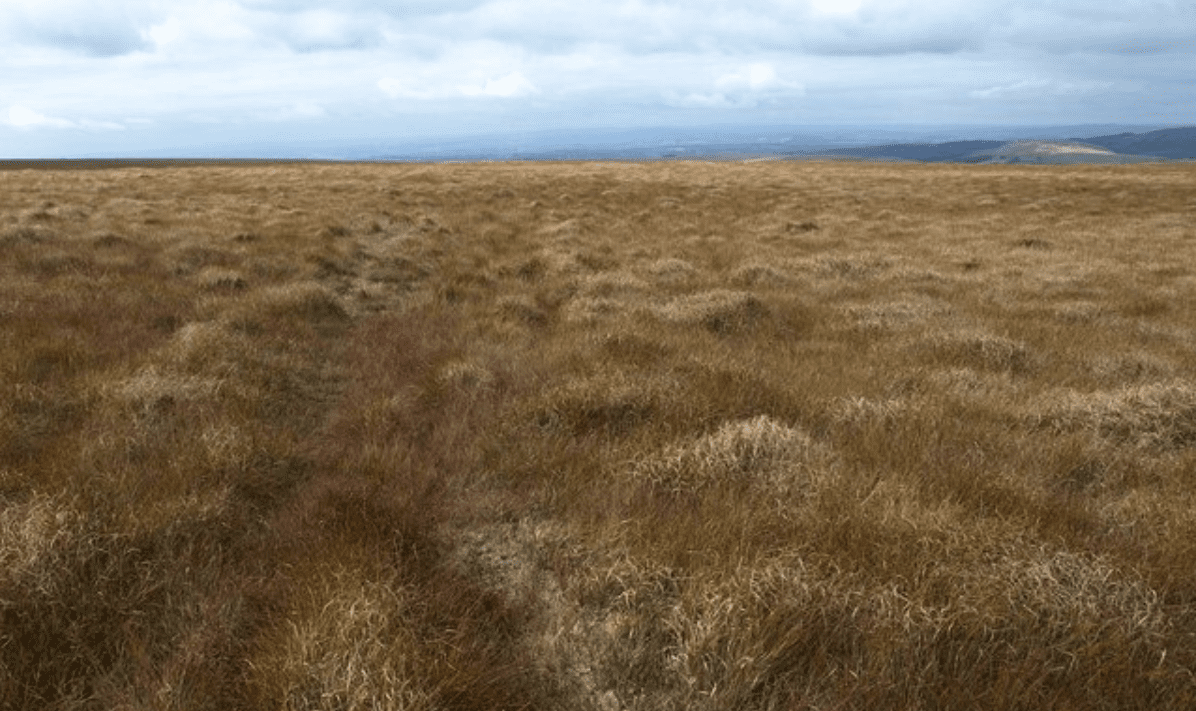The proposed Nature Restoration Law (NRL) is like the “great secret of Fatima” because the exact wording of the final document is not yet available and nobody really knows what it contains, according to the Independent TD Michael Fitzmaurice.
With the next stage in the legislative process for the new law just around the corner the Roscommon-Galway TD is warning that it “is a dangerous piece of legislation” and that the ongoing debate in Ireland around the NRL continues to take place “in a vacuum”.
Deputy Fitzmaurice told Agriland that he remains concerned about the text or the “wording” of the NRL particularly in relation to certain articles in the text including 9, 41 and 42, which he fears could have a “negative” fallout for farmers in the future.
The European Commission first proposed the NRL in June 2022 with the EU Council and EU Parliament reaching provisional political agreement on the controversial law last November.
The law must be approved during the EU Parliament’s plenary vote which is expected to take place in the plenary session in Strasbourg next month from February 26 to 29.
According to Deputy Fitzmaurice, farmers have told him that they are worried that the new law may result in “stealth” regulations coming into effect.
He said: “For both hill farmers and lowland farmers, we see already the blackmail that is going on when it comes to the Basic Income Support for Sustainability (BISS) scheme and it is not Ireland – it is the EU that is setting out that a new clause will come into effect in relation to BISS, in relation to peaty-type soils next year.
“This is a way of saying – we’re not stopping you, but we are stopping you – because how many farmers can do without the money from schemes?
“I am concerned that with the Nature Restoration Law there are some things that could be potentially camouflaged at the moment – that farmers may have to agree to something in the near future in order to get the money they have always got.”
According to Deputy Fitzmaurice, farmers in Ireland need “safeguards” when it comes to the text in the new law to ensure certain measures in the future are “voluntary and that they won’t be held to ransom when it comes to the Single Farm payment”.
The European Commissioner for the Environment, Oceans and Fisheries, Virginijus Sinkevicius, has stressed that the NRL will be a “legacy for the next generations”.
The commissioner said on social media recently that the European Commission in 2024 will “continue our Green Deal initiatives, to make this mandate the greenest Europe has ever seen”.
But the president of the Irish Natura and Hill Farmers’ Association (INHFA) said Irish farmers are yet to be convinced that that the proposed NRL will not lead to “demands being made of farmers that will be linked to support payments”.
Vincent Roddy said: “There has been some mixed messages around the Nature Restoration Law – one of the big issues for us and one which needs to be clarified is around Common Agricultural Policy (CAP) payments.
“Currently CAP payments are only made on land that is an agricultural area, but if that land is impacted by the new law and it were to lose its agricultural area status then it wouldn’t be eligible for CAP payments and that would have a significant impact on farming and rural communities.
“So, the land designations are going to be extremely important – we need to know that there will be continued agricultural activity on lands which will be subject to the NRL, they need to retain agricultural area status and in turn be eligible for future CAP payments.”
Roddy said there is no question that farmers want to support and protect nature but he said the fact that the NRL “will provide for legally binding EU nature restoration targets” could result in “drastic” changes for Irish farmers in the future.
“We need clarity on what the new law will mean for farming and rural communities because at this time farmers don’t know what the future could hold for them and what they may be asked to do,” he said.
The Minister for Agriculture, Food and the Marine, Charlie McConalogue has previously said that state-owned lands will “shoulder the majority of the weight” of the proposed NRL.
